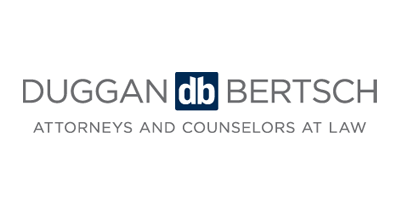First, I want to take this opportunity to thank you all for volunteering to be on the AI subcommittee of our hospital healthcare ethics committee. We understand that we need champions like you to help our employees practice responsible and ethical AI.
The Joint Commission on Accreditation of Healthcare Organizations requires hospitals to have a mechanism for addressing ethical issues in providing patient care, and it recommends a multidisciplinary ethics committee.
In addition, the WHO has issued their global report on AI ethics and human rights.
As you know, the use of artificial intelligence in medicine is growing in almost every specialty and with an expanded list of use cases each day. With that, however, are concerns about its ethical and responsible use.
As was reported, clinical ethics committees can change clinical practice through policy development and case consultation, and indirectly through education and raising awareness of ethical issues . But evaluation is needed to determine whether these committees are influencing clinical practice. There have been no rigorous studies in the United States evaluating healthcare ethics committees and ethics consultation possibly because of the disparate nature of these services. If these committees are to develop effectively, they will need to communicate closely with each other to share experience and to establish the basis for systematic evaluation and research.
The same is even more true for this committee, composed of medical ethicists, patients, healthcare providers, data scientists and other community and vendor representatives. While raising awareness through education about the use of AI in medicine and its potential problems is useful, our charge is to change patient and healthcare provider behavior by measuring outcome and performance indicators and standards and reporting our results as part of continuous responsible use improvement.
In many ways, because AI technology in medicine is constantly evolving, we will be fixing the plane while it’s flying and that will force us to make midcourse adjustments in our thinking. Here are some guidelines we are using to operationalize AI ethics compliance with standards.
1) Identify existing infrastructure that a data and AI ethics program can leverage; 2) Create a data and AI ethical risk framework that is tailored to sickcare; 3) Change how we think about ethics by taking cues from the successes in health care ethics; 4) Optimize guidance and tools for product managers; 5) Build organizational awareness; 6) Formally and informally incentivize employees to play a role in identifying AI ethical risks; and 7) Monitor impacts and engage stakeholders.
To supplement and inform our efforts and to support our clinical staff, we have created:
- A tip hotline to report concerns about the use of AI in specific cases
- A close relationship with, and representation on this committee from our risk management and medical staff office
- We will periodically participate in Grand Rounds presentations at our Center for Ethics and Humanities
- We will issue a quarterly M/M report describing morbidity and mortality that may have been influenced by the use of AI
- We have secured funding for a Visiting AI Scholar lectureship that will be open to the public on our campus
- Our AI clinical consultation service is available to respond your concerns on our website. You can use our AI driven chat feature or request to speak to use directly
- A mandatory conflict of interest reporting and oversight process by our members, some of whom are creating AI tools for commercialization or are consultants or advisors to healthcare AI companies
- A pledge to abide by equity, diversity and inclusion standards on our committee
- Recognition of your service as part of your promotion and tenure portfolio
- Periodic conferences and workshops intended to share best practices with other healthcare ethics committees around the world
- We will be launching our AI entrepreneur in residence program and interviewing applicants shortly
- We have created an AI ethics fellowship for house staff and medical students
Thank you again for volunteering to serve on this important committee and for creating the future of ethical AI practice.
ארלן מאיירס, MD, MBA הוא הנשיא והמנכ"ל של אגודת יזמי רופאים


